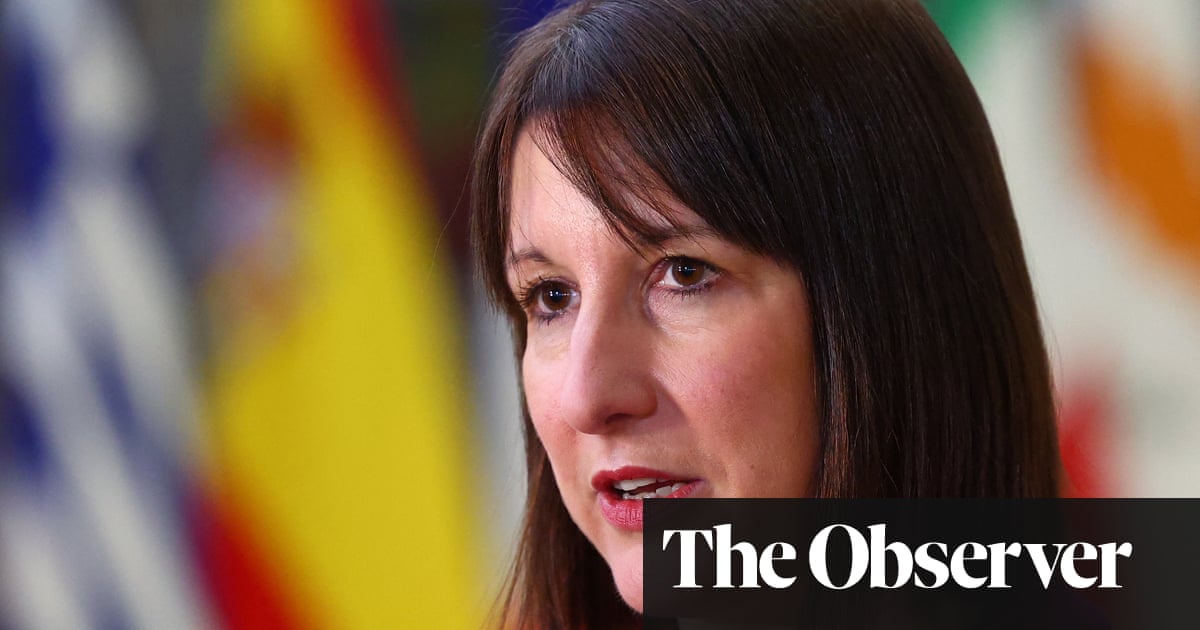Rachel Reeves has suggested UK businesses can “absorb” her increases to employer national insurance contributions by accepting reduced profits or making efficiencies, rather than passing on lower wage rises to workers.
The chancellor on Sunday defended her first Budget, insisting that when Labour’s package of big tax, spending and borrowing increases is taken in the round, it is “good for employment growth and wages growth”.
Reeves told Sky News’ Sunday Morning with Trevor Phillips that businesses faced a “choice” over her decision to raise £25bn through an increase to employer NICs.
“Businesses will now have to make a choice, whether they will absorb that through efficiency and productivity gains, whether it will be through lower profits or perhaps through lower wage growth,” she said.
From April the rate of employer NICs will increase by 1.2 percentage points to 15 per cent, while the earnings threshold at which employers start paying contributions will fall from £9,100 to £5,000.
The changes have sparked a backlash from businesses, charities and GPs, and warnings that the new measures risk job losses for low-paid staff in labour-intensive parts of the economy.
Reeves has protected the public sector from the impact of the NICs rise by allocating funding in her Budget to cover the costs of the tax increase.
Wednesday’s Budget, Labour’s first since 2010, included £40bn of tax rises, largely on business and the wealthy, to fund increased day-to-day spending and £28bn of extra annual borrowing to fund investment.
The measures pushed up the cost of UK government debt, but by the end of Friday gilt markets had steadied.
Reeves on Sunday said the UK was able to manage the cost of servicing its national debt, despite the interest now topping £100bn a year.
The chancellor added she was “confident” about the British economy’s ability to withstand a shock like the Covid-19 pandemic or spiking energy prices.
Reeves conceded she was “wrong” when she said before the July UK general election that she would not have to raise taxes, but reiterated her claim that the previous Conservative government had hidden a “black hole” in the country’s finances.
The Budget marked Labour wiping the “slate clean” on the Tory administration’s economic “mismanagement”, she said, adding: “It’s now on us.”
Some analysts, including at the Institute for Fiscal Studies, have warned that the government is likely to need to raise billions of pounds more later in this parliament to avoid real-term cuts to some public services.
But Reeves said: “We’ve put everything out into the open, we’ve set the spending envelope of this parliament, we don’t need to come back for more, we’ve done that now.”
The chancellor’s move on NICs has triggered allegations that Labour broke its “triple tax lock” election promise, but Reeves highlighted that her party’s tax pledge was caveated in its manifesto.
The vow said income tax, VAT and NICs would not rise with respect to “working people” — a hint that it applied to employee NICs, but not employer contributions.
Asked whether the caveat showed the employer NICs rise was premeditated, she insisted three times that Labour had not planned — or even discussed proposals — to raise it before the election.
“This was not something that was on the agenda before the election,” Reeves told the BBC’s Sunday with Laura Kuenssberg programme.
Later on the same show Kemi Badenoch, the newly elected Tory opposition leader, said the NICs rise was “not coherent”, but did not spell out whether her party would reverse it.
She was more explicit in announcing that the Conservatives would scrap Labour’s VAT on private school fees if they came to power.










